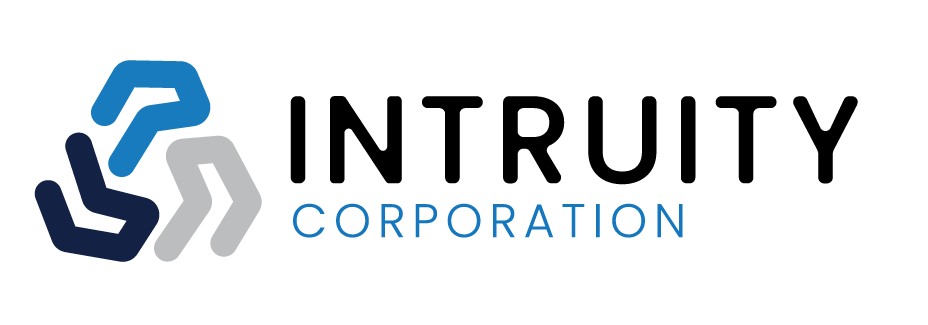Agency Management System VS CRM

How are you currently managing your agency’s book of business, marketing, and operations?
As you grow your business, it is crucial to have one, centralized location to help manage all aspects of your insurance sales agency. Two systems insurance professionals utilize for their business tasks and processes are an agency management system (AMS) and a customer relationship management (CRM) system.
Each system provides a variety of different features that help assist you to streamline business operations. The right system can save your agency tons of time and money, but with dozens of products on the market, it is important to determine your needs and find the best-fit system for your agency.
The article below will cover what each system is, the pros and cons of their features, and how to determine which is the best fit for your business.
What is an Agency Management System?
An agency management system is a software-as-a-service (SaaS) technology that assists insurance agencies in organizing their book of business.
An AMS program can assist your business with operations, commissions and sales. These programs also have some marketing capabilities. Approve the efficiency of your insurance agency and identify which processes are helping or hurting your business.
Below are some pros and cons of an AMS.
Pros of an AMS:
- Manage your sales team activities, assign leads, and track commissions.
- Access to carrier information and the ability to track policies.
- Speed up your sales process with efficient documentation and data collection.
- Track employer group sales data—some systems allow you to track employer enrollment data and elections.
- Manage and optimize your sales funnel.
- View and manage deals in progress.
Cons of an AMS:
- Limited marketing and personalization opportunities.
- Basic analytics on your customer base and their behaviors.
Some features vary by company.
What is a Customer Relationship Management System?
A customer relationship management system is software that connects all your customer data in one place to nurture clients and leads.
Just like insurance sales, a CRM is customer-centric. Utilizing a customer relationship management (CRM) system allows you to get organized, track your sales funnel, and keep track of every customer interaction you or your team have with a client. CRM programs tend to have marketing and automation capabilities to assist your business.
Below are some pros and cons of a CRM.
Pros of a CRM
- Automate onboarding and renewal tasks and communications.
- Assists you in keeping your data as clean as possible, which increases productivity and gives your agency the most accurate insights.
- Access to robust reporting and analytics and use that data to optimize sales tactics and agency operations.
- Gain a 360° look at your customer and lead behavior. Track activity on your website, social media, advertisements, and email.
- Expansive marketing capabilities that allow you to automate drip email campaigns to stay top of mind.
- Provide a very personal experience for your customers. (personalization = customer retention)
Cons of a CRM
- Lack of ability to track carriers, groups, and policies.
- Limited commission tracking.
Some features vary by company.
What system is best for your insurance agency?
Before choosing a system, it is important to prioritize business goals and needs to determine which would work best for your agency. Work with representatives from all of the departments in your agency to gather a “wish list” of requirements to use when comparing systems. It is important to set up demos to see the product in action before committing to buy. Choosing the wrong system can waste your agency’s time and money.
Is it possible to utilize both an AMS and a CRM?
OneLink combines the best features of an AMS and a CRM, enabling your agency to streamline operations and reclaim wasted time and resources from inefficient systems.
In addition to managing your agency’s book of business, you can handle team management, collect customer data, create marketing campaigns, and track commissions.
Efficiently oversee all aspects of your agency’s teams, including hiring documentation, contact details, salary information, licensing, and carrier appointments. You can also track and process commissions while monitoring your sales team’s productivity and assigning leads.
You have control over lead access, ensuring the right agent is paired with each customer based on up-to-date licensure status. Automated client contact options keep agents at the forefront, nurturing stronger relationships and preventing missed renewals. Furthermore, OneLink provides opportunities for setting up text and call campaigns.
By collecting and analyzing customer data, you gain a deeper understanding of your customers and can anticipate their needs, leading to higher retention and satisfaction. Evaluate your existing processes using this data to identify which ones contribute positively or negatively to your business.
Elevate your marketing efforts and guide leads through your sales funnel. OneLink empowers you to create robust customer journeys and deliver personalized experiences to each client. Through personalized, targeted interactions based on customer data and interactions, you can enhance customer retention and make them feel valued and special.
With one system in place, you can automate your day-to-day operations and focus on the things that matter: revenue and customer care.
Meet all of your agency’s needs with OneLink.
Whether you’re looking to boost your production, manage your sales team, handle call campaigns, or maximize lead conversions, OneLink has the tools you need to transform your business operations.
Utilize the latest customer relationship management and agency management technology to provide seamless interaction with new and existing clientele. Use automated communications, and built-in customer management to help your team stay efficient while outperforming the competition.
Experience the product firsthand—access a free demo today at www.intruity.com/OneLink.
